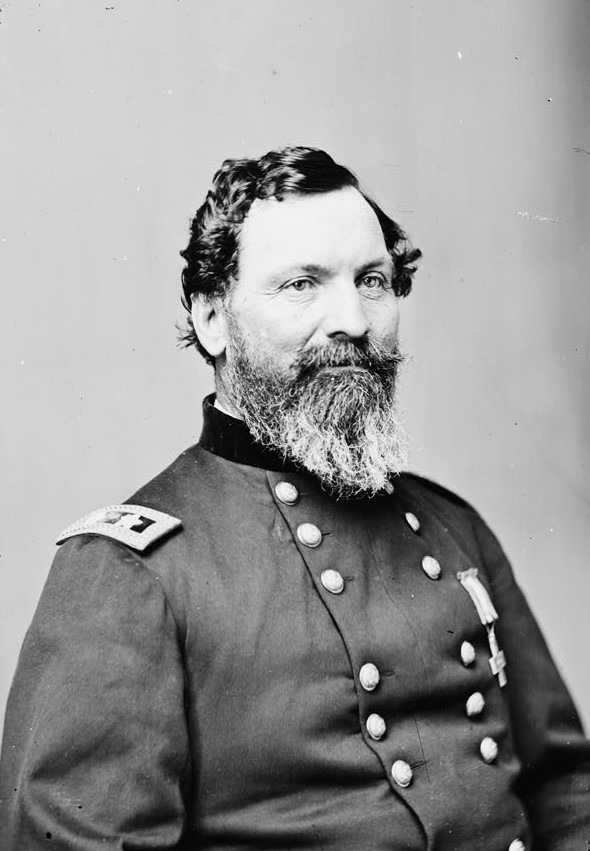“May God preserve you from all the dangers in the battle-field and in the camp”

November 1863 was an especially challenging time for the Army of the Potomac. Unable to score a solid followup since the battle of Gettysburg in July, commander George Gordon Meade subsequently found two of his corps stripped away and sent to the Western Theater. He then had the Army of the Northern Virginia chase him from Culpeper back into the defenses around Washington. Even when he scored a victory, as his did on November 7 at Rappahannock Station, the War Department rebuffed him for not doing more. “Lee is unquestionably bullying you,” General in Chief Henry Halleck told Meade.
VI Corps commander John Sedgwick, like many officers in the Federal army, watched all this in mild consternation. On November 16, Sedgwick referenced the situation in a short letter to his sister, Emily, his longtime correspondent and confidant:
I received a letter some days ago from a lady asking a favour for her grandson, very long and beautifully written, closing with: “May God preserve you from all dangers in the battle-field and in the camp, and especially from commanding the Army of the Potomac.” There is no danger. I know my name has been mentioned, and I think I could have had it if I had said the word, but nothing could induce me to take it. Meade is twenty years older than when he took command.
For his part, Meade felt the strain of command every bit as heavily as Sedgwick suggested. He did not enjoy the job at all and only served because, as the consummate military professional, he recognized it as his duty. “I used to think how nice it would be to be Commander in Chief,” Meade had mused in October. “[N]ow at this morning I would sooner go, with a division under the heaviest musket fire, than hold my place!”
1 Response to “May God preserve you from all the dangers in the battle-field and in the camp”